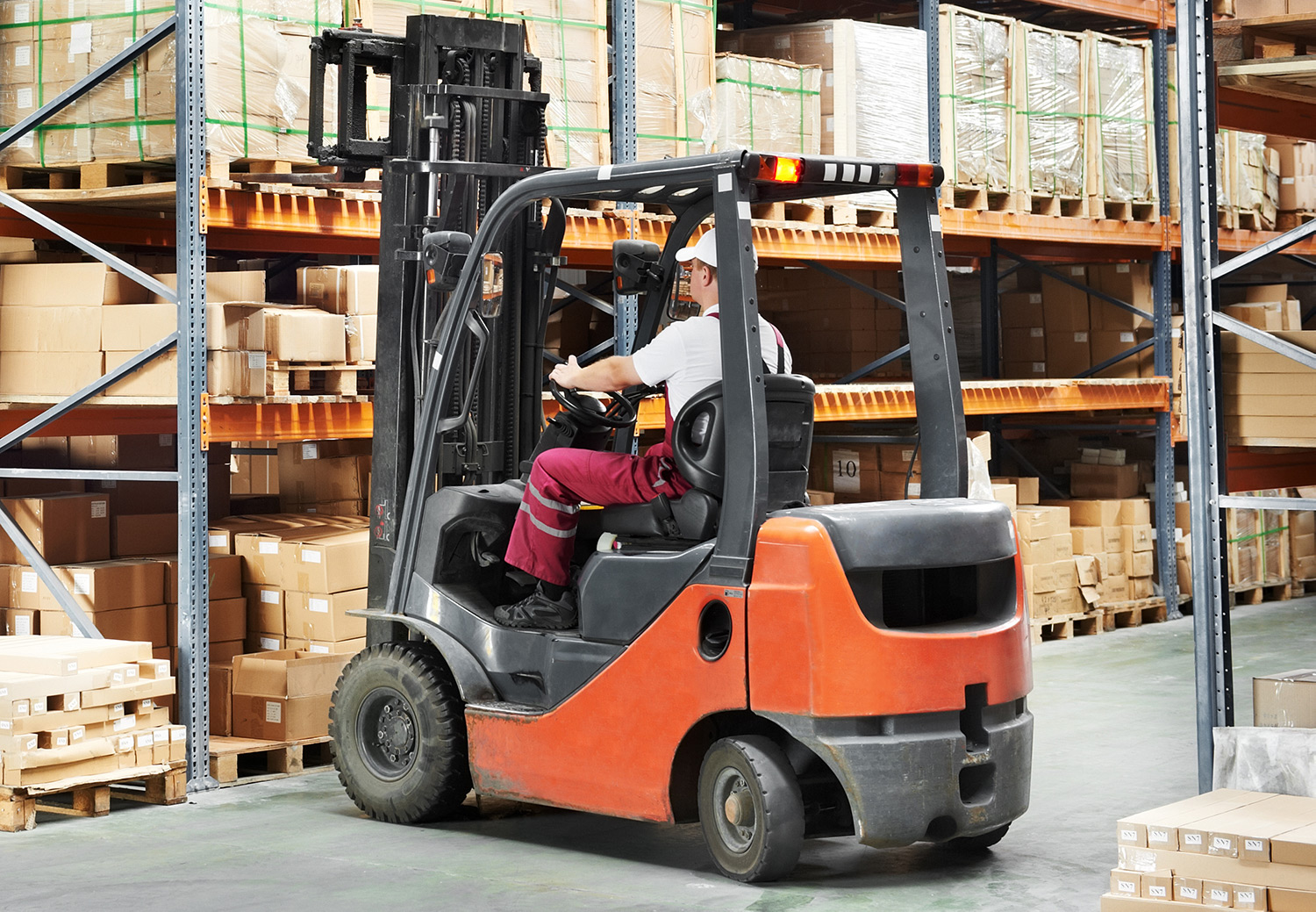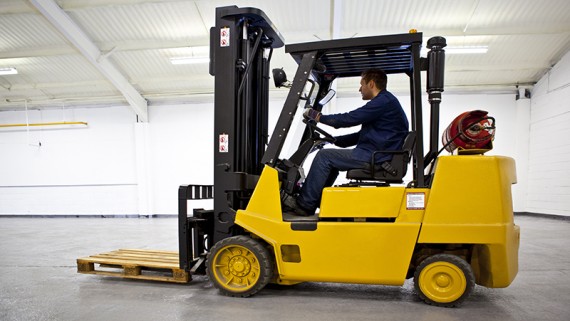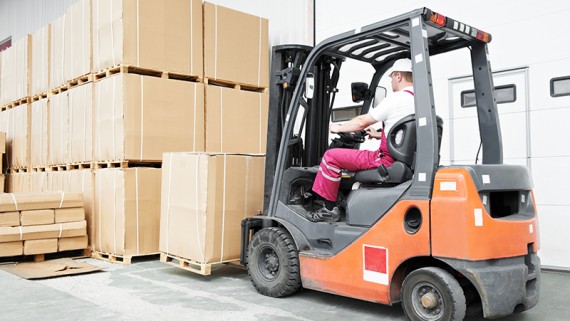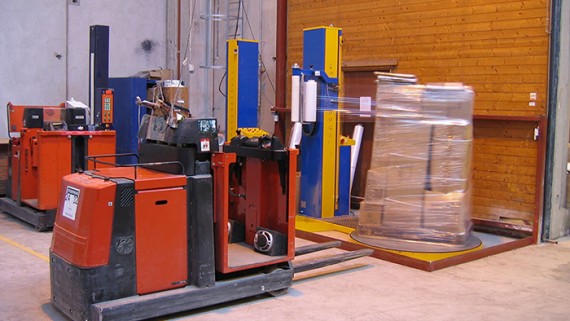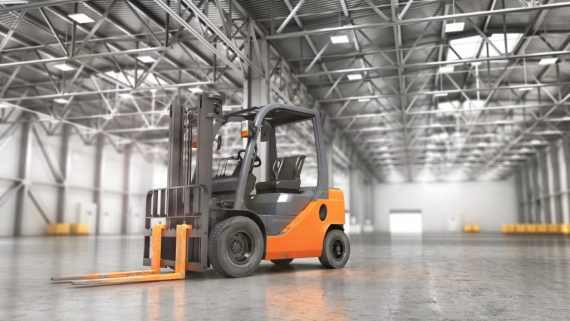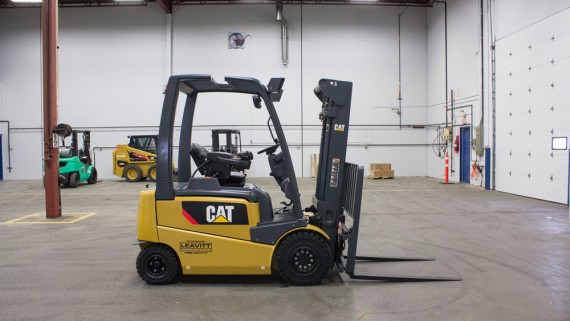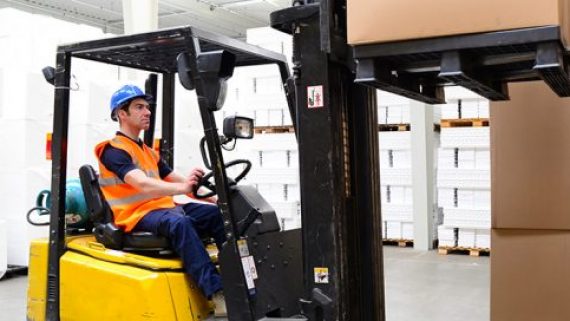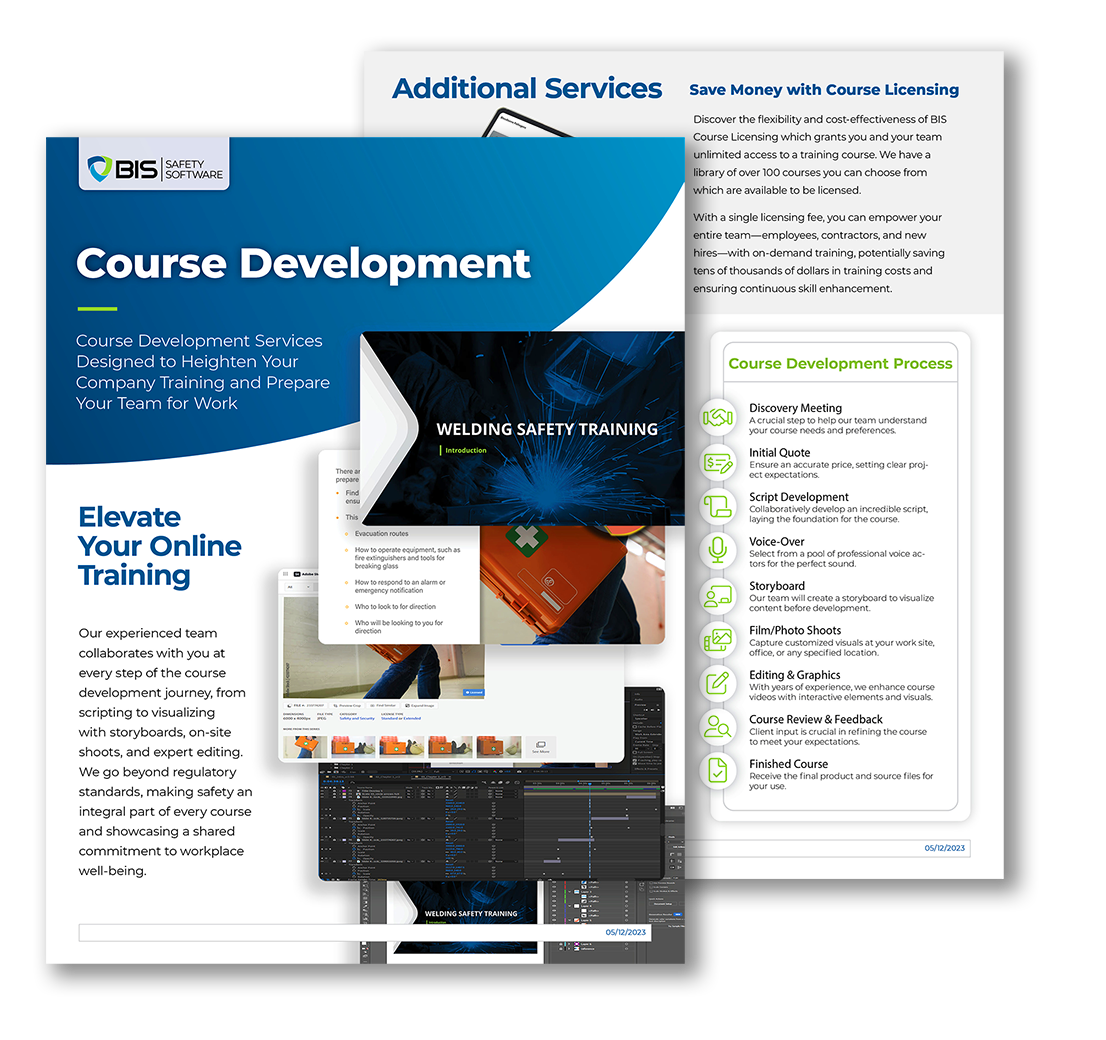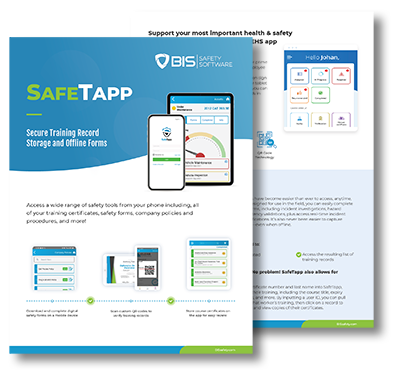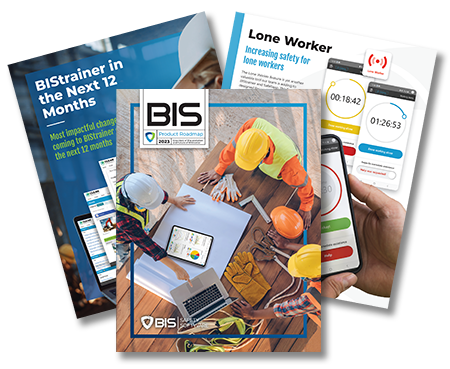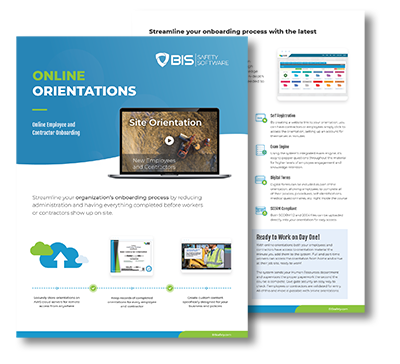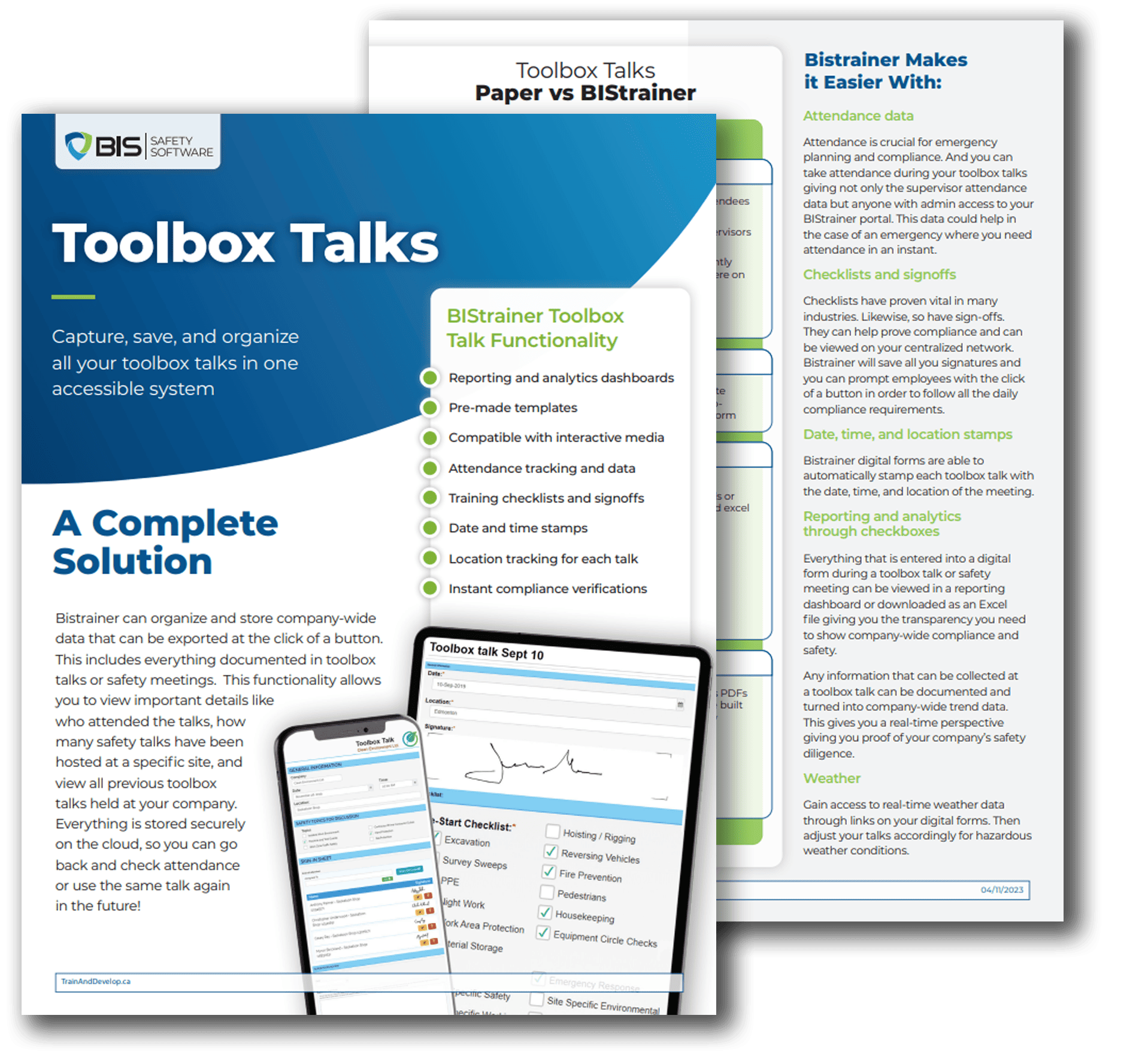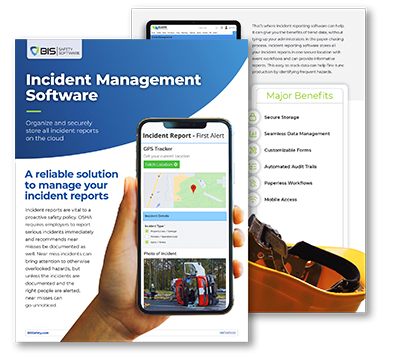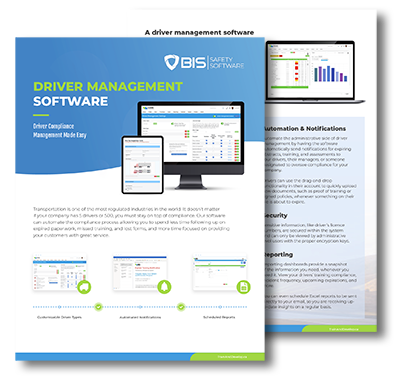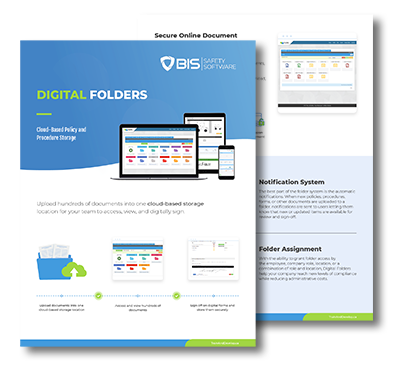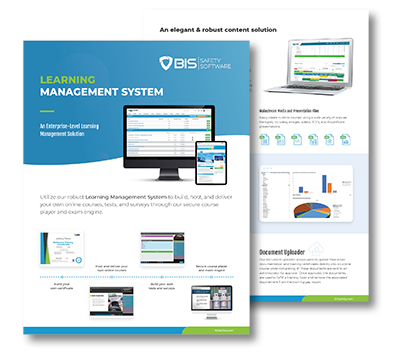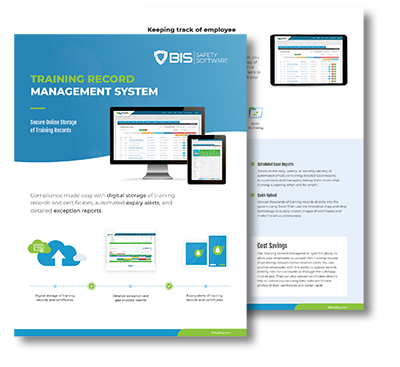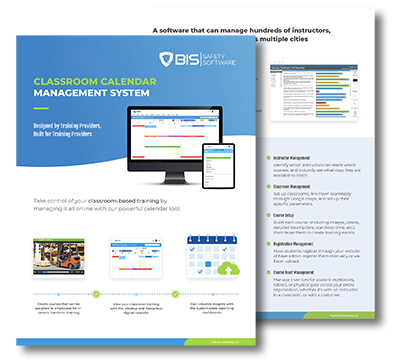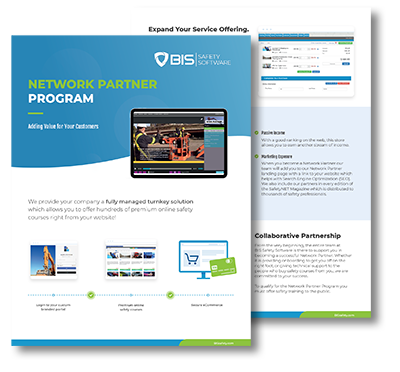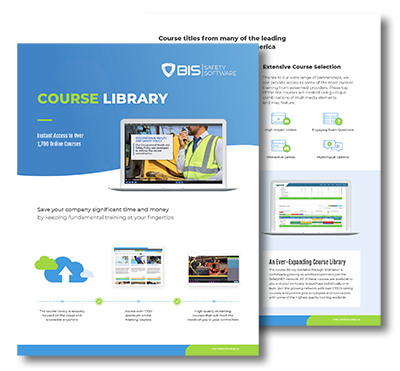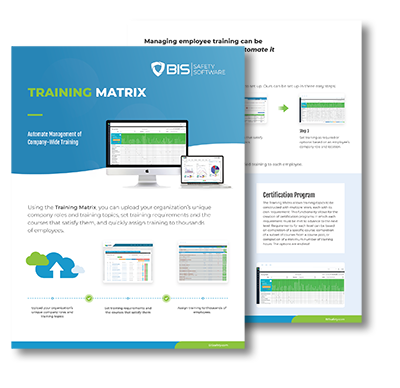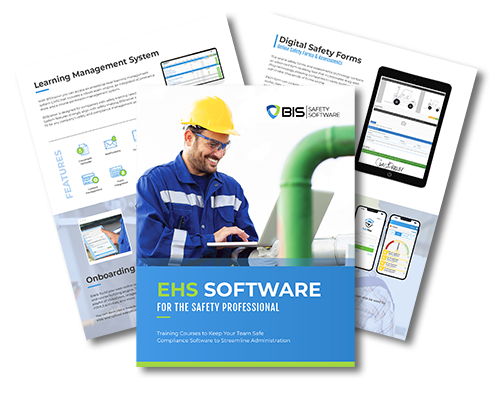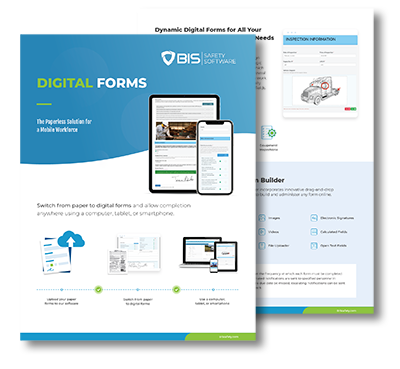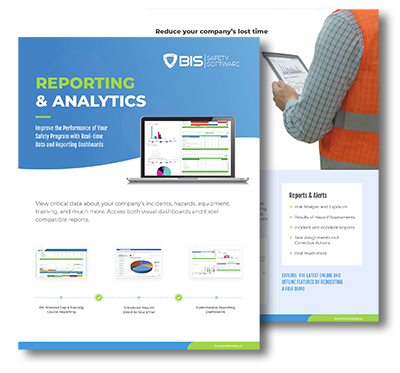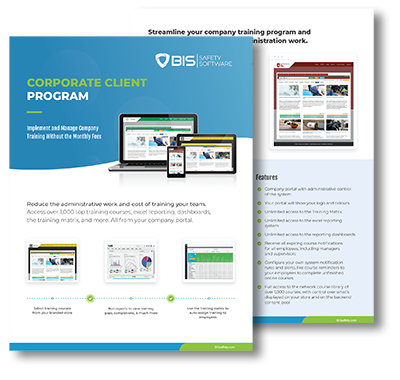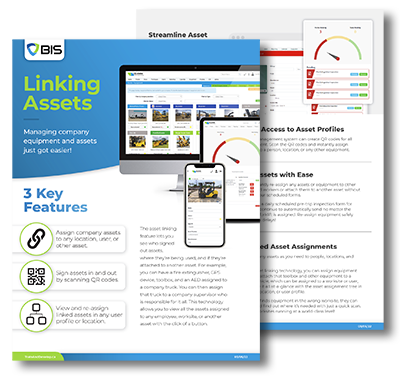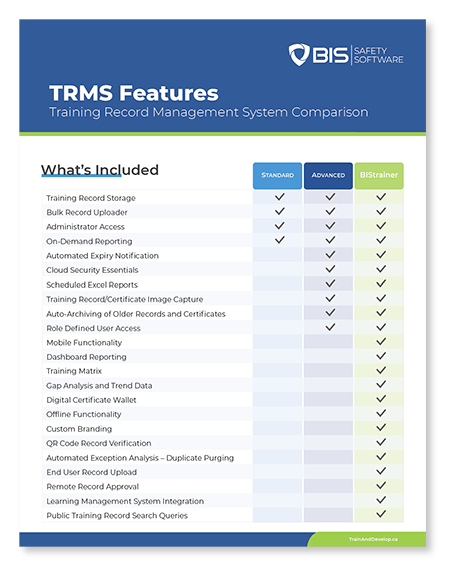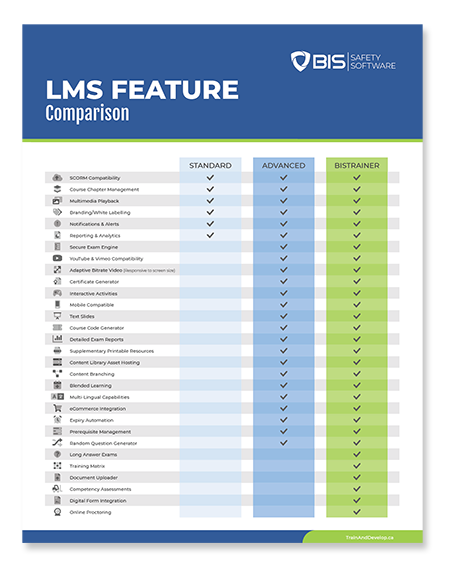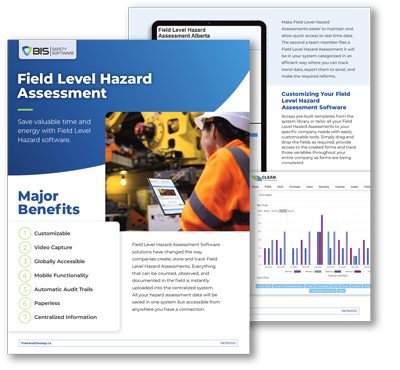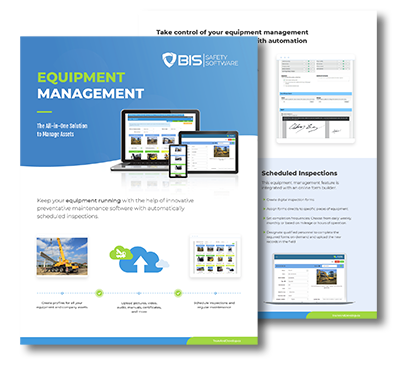Forklift Training - Operator Safety -
Online Course
Online Course
Forklift Training - Operator Safety
Forklifts have many applications in commercial and industrial settings, but they can cause accidents and severe injuries if not used properly. This online course training on how to operate forklifts safely. The course content covers areas like pre-use inspections, load types and handling, refueling, battery maintenance, and special applications.
Forklifts are also known as powered industrial trucks, and they are subject to Canadian regulations like many other types of work equipment. Forklifts can be deceiving at first, since they seem easy to handle. However, operating one is not like driving a car. A key difference is that forklifts use rear-wheel steering, while cars use front-wheel steering. Counterbalance forklifts are the most common type, and they are characterized by two frontal forks that lift loads. These units normally run with electricity or propane.
In Canada, forklifts must meet CSA standards and provincial or territorial OHS regulations. Forklift safety training is required by law for new operators, and may also be needed to renew certificates at regular intervals. The following are some common risks that must be considered by forklift operators:
- Unknown and unbalanced loads are dangerous, since they can destabilize a forklift.
- Damaged pallets are also dangerous, since they can cause the load to become unstable.
- Load height, momentum and uneven surfaces are also factors that can affect stability.
Forklifts can be classified into several types: narrow aisle reach trucks, swing reach trucks, dockstockers, walkie rider pallet jacks, order pickers, variable reach trucks, high-capacity forklifts, etc. Selecting the right forklift for each job is very important to work efficiently and safely.
Some industries where forklifts are frequently used include warehousing, manufacturing, construction, oil and gas, forestry and freight transport. The use of forklifts comes with legal implications, and there are specific requirements for employers, supervisors and employees.
Safety Guidelines for Operating a Forklift
Many forklift accidents are related with lack training or driver errors, and the following are some common causes:
- Travelling with a load raised from the ground.
- Not yielding the right-of-way.
- Not using a proper technique when turning or lifting.
Forklift operators should follow regulations and manufacturer instructions, while using adequate PPE and following best practices. Requirements in Canada change by province or territory, but the following regulations apply in general:
- CSA Safety Standard for Lift Trucks (B335-15), which covers the knowledge, practical skills and evaluation requirements for operators.
- Occupational Health and Safety Act, Regulation 851, Industrial Establishments
One of the main challenges for new forklift operators is learning how to keep loads stable. While this is a skill that must be mastered, adequate maintenance and pre-use inspections are also important. Forklift operators must also be capable of identifying and avoiding the main hazards, which may change depending on the application.
Forklift operators must know how to handle any type of load found in their workplace, which may include high-risk loads. Operators must become familiarized with load capacity charts, and they must also know how to handle a forklift safely when unloaded.
After completing this course, learners will have acquired the following skills:
- Performing a pre-use inspection for a forklift.
- Parking a forklift and exiting safely.
- Refueling a forklift, or recharging batteries if applicable.
- Understanding the stability triangle of a forklift.
- Explaining the differences between forklifts and other vehicles.
- How to conduct regular maintenance on forklifts.
- How to keep a record of forklift modifications.

Course Topics
The scope of this course covers:
- General forklift safety
- Pre-operation requirements
- Forklift operation
- How to handle loads
- Fuel/battery system maintenance
- Forklifts for special applications
Universally Compatible

Duration
Average Completion Time
Completion times vary depending on the number of times the information is viewed prior to finishing the course. The average completion time is 90 minutes.

Testing
Knowledge Assessment
Testing is conducted in this online course to reinforce the information presented. You are provided three opportunities to achieve a passing mark of 80% or greater.

Certificate
Certificate of Completion
Upon successful completion of this course, a certificate will be available to download and print. You can access your certificate through your online account.


